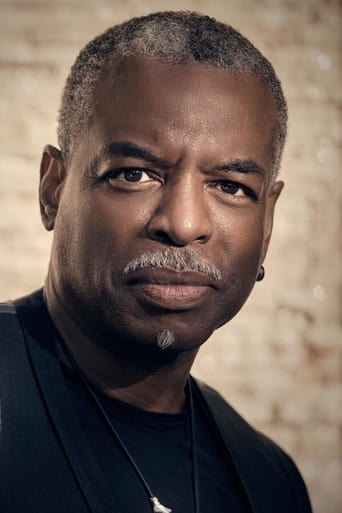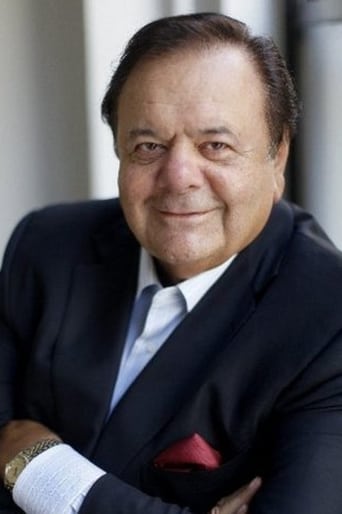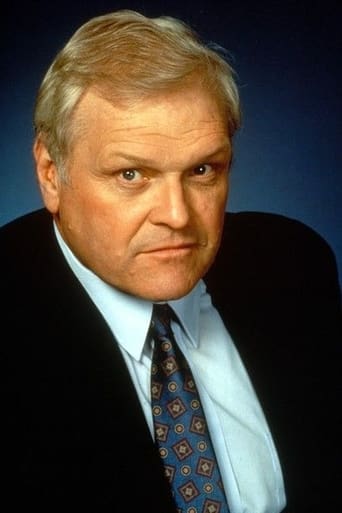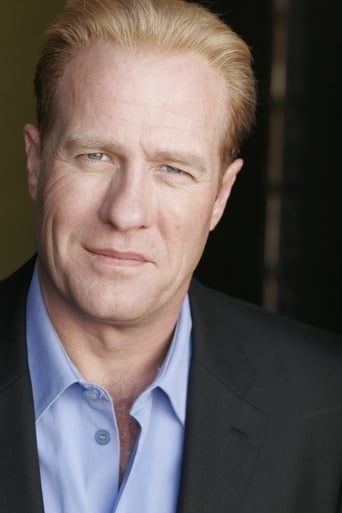cabebs
I saw this movie at a very young age and was very moved. I never saw anything hostile about Donny. Sure, it was just a movie, but no one that he encountered, even white, detected any mean streak. While I have deep sympathy for both Earline and Ernestine's family's, If you have not lived the criminal LIFE, such as prostitution you don't exactly know what these women were willing to do to get money. Then, you have someone that cannot communicate at all, other than to indicate what I am willing to pay you and what I want from you. If, perhaps they were not accepting of what was being offered, and demanded more than could be understood, he very well could be a murderer. But, that was the life they chose, for whatever reason. It's like trying to communicate to a child or an animal. DON'T YOU UNDERSTAND!!! His communication skills were very limited..... Very limited........ The problem may have been that his family denied teaching him skills. MAYBE, he didn't even know that killing is wrong....Black or White and deaf & dumb, what more could society do????????
mdurdles
Obituary for Lowell Jack MyersLowell J. Myers, 76: Deaf Lawyer and Advocate for Deaf PeopleLowell J. Myers, who lost his hearing at a young age but found in himself a strong, unwavering voice as a champion for the deaf , the bullied and the underdog, even arguing 17 cases before the Illinois Supreme Court, died Nov. 7, 2006 of a brain aneurysm. He was 76.Mr. Myers was born in Los Angeles in 1930 to deaf parents and educated in Chicago. He had some hearing until age 10, when he, too, became deaf. That setback, and the adversity faced by his deaf parents, fueled a two-fisted determination to succeed, that resulted in him attending both Roosevelt University (BA) and the University of Chicago (MA) at the same time in order to receive his education.After graduating with college degrees from two universities simultaneously, he applied to the John Marshall Law School in Chicago. But the dean refused to admit him, saying he feared Mr. Myers, as a deaf person, would not be able to keep up, much less graduate. Were Mr. Myers able to do so, the dean suggested, he would not be able to pass the Illinois Bar Exam, or, if that obstacle was overcome, to practice law in a courtroom.The dean relented to allow Mr. Myers to attend the law school for one semester - as a trial period. In a foreshadowing of what was to come, Mr. Myers did well at this trial; he went on to graduate second in his class of 80 students, the first deaf student to graduate from the school and one of the first to graduate from law school in the country.Mr. Myers was also a CPA and worked in the tax law department with Sears, Roebuck & Co. for 30 years, but it was his compassionate work outside of this arena that earned him acclaim.In his most famous case, he defended a deaf man accused of murder who did not know sign language and could not communicate with anyone. A book about the case, Dummy, was published by the "Book of the Month Club," selling more than 100,000 copies. It was later turned into a TV movie, starring actor LeVar Burton as the deaf defendant.But it was not only deaf and hard of hearing people that Mr. Myers became an advocate for. He also viewed himself as a voice of reason in defense of those he felt were being bullied or taken advantage of. He successfully sued the Chicago Police Department for the shootings of deaf people, and his efforts resulted in the department instituting training to help officers more effectively work with the deaf.He argued cases before the Illinois Supreme Court 17 times - and never lost! In one of those cases, he represented a group of taxpayers who had been overcharged by the government, and his pleas were so impassioned and his work so extensive in the case, the justices later awarded him legal fees of $90,000, nine times the $10,000 fee he requested.Mr. Myers used his influence as a legal advocate for the deaf community to write laws to help deaf people that are still being used throughout the United States. His book, The Law and the Deaf, also became a model used by others in foreign countries. A second book detailed how to handle legal cases of police brutality. He also wrote and self-published a student version of The Law and the Deaf that was widely used in high schools for the deaf. The Illinois State Bar Association honored him in 2006 as a "Senior Counselor" for 50 years of service to the profession.Recently, Mr. Myers moved from Chicago to Washington, D.C. to be closer to his daughter, Lynda Rae Myers, a deaf social worker, and his grand-daughter, Ariana Myers (deaf), of Takoma Park, MD. In addition to them, he is also survived by his son, Nathan Benjamin Myers of Chicago, who followed his father into law; and two sisters, Jean Markin and Dorothy Doyle of Santa Fe, New Mexico.
Bill Milosz
The previous comment missed the point entirely. The question isn't if the guy was guilty or not, but, does the justice system have any mechanism in it for someone who can't hear, speak, read, sign or communicate in any other way. THIS was the crux of the matter- if someone can't communicate at all how does he participate in a court proceeding? How could he understand what was going on? Donald Lang could not communicate ideas at all- he could not lip-read, could not hear,could not understand sign language of any kind- he literally COULD NOT COMMUNICATE- It wasn't about his guilt or innocence- it was about a situation where the courts could do as they pleased with someone because he could not understand anything. This is un-American- we are a land where people have DIED defending a system which provides rights which cannot be trampled by police powers. THAT is what the film was about. (FYI I live in Chicago and know Lowell Myers well, and have spoken to him about this.... so my info is directly from the source.)




